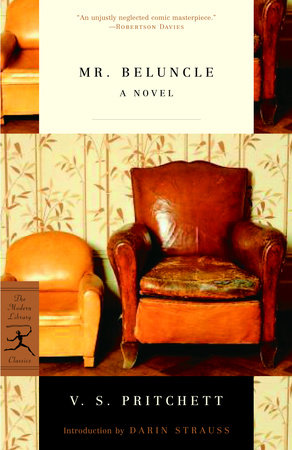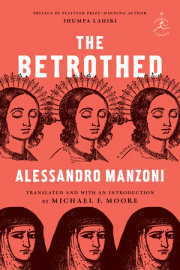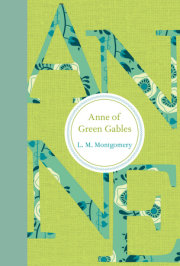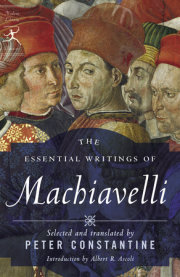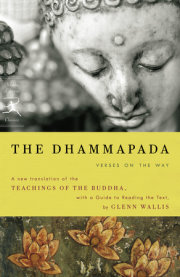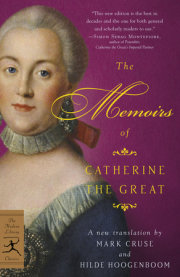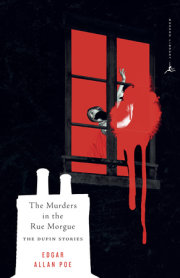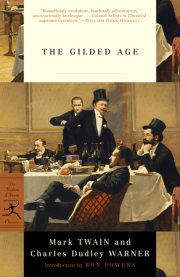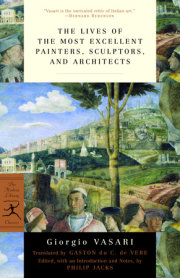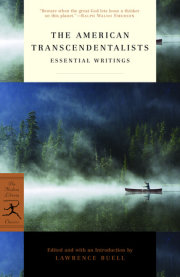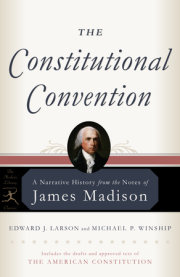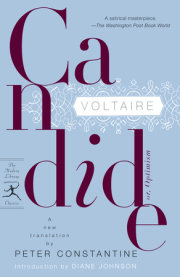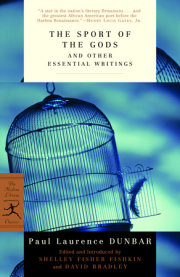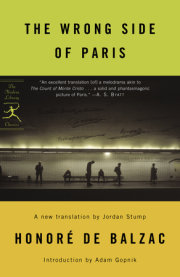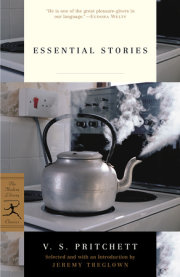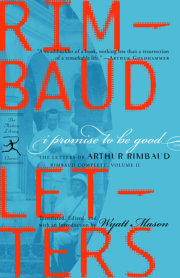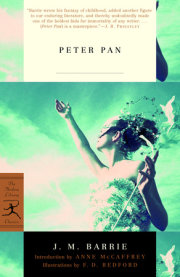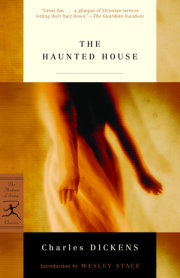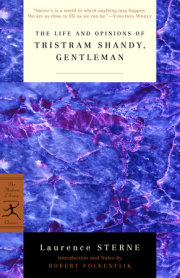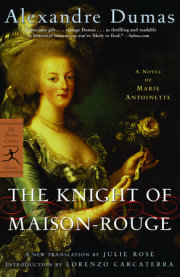I
Twenty-five minutes from the centre of London the trees lose their towniness, the playing fields, tennis courts and parks are as fresh as lettuce, and the train appears to be squirting through thousands of little gardens. Here was Boystone before its churches and its High Street were burned out and before its roofs were stripped off a quarter of a mile at a time. It had its little eighteenth-century face—the parish church, the alms-houses, the hotel, the Hall—squeezed by the rolls and folds of pink suburban fat. People came out of the train and said the air was better—Mr Beluncle always did—it was an old town with a dormitory encampment, and a fizz and fuss of small private vegetation.
The Beluncles were always on the look out for better air. Mr Beluncle moved them out to Boystone from the London fume of Perse Hill when Henry was fourteen and had a bad accent picked up at half a dozen elementary schools.
“Aim high,” said Mr Beluncle, “and you’ll hit the mark.”
He wrote to six of the most expensive Public Schools in England and read the prospectuses in the evening to his family, treating them as a kind of poetry; blew up when he saw what the fees were, said, “Every week I pick up the paper and see some boy from Eton or Harrow has been sent to prison, dreadful thing when you think what it cost their fathers,” and sent his boys to Boystone Grammar School.
The Beluncle boys lifted their noses appreciatively. The air was notably better than at Perse Hill Road. They were shy, reserved and modest boys who kept away from one another in school hours and who rarely came home together. When they saw one another, they exchanged deep signals out of a common code of seriousness and St Vitus’s dance. “We are singular,” they twitched. “No one understands us. We have a trick up our sleeves, but it is not time to play it.” They separated and carried on with their shyness which took the form of talking their heads off.
The Beluncles talked with the fever of a secret society.
O’Malley was the frightening master at Boystone School. There was always silence when he came scraping one sarcastic foot into the room, showing his small teeth with the grin of one about to feast off human vanity.
He was a man of fifty with a head like an otter’s on which the hair was drying and dying. He had a dry, hay-like moustache, flattened Irish nostrils. He walked with small, pedantic, waltzing steps, as though he had a hook pulling at the seat of his trousers and was being dandled along by a chain. Mr O’Malley was a terrorist. He turned to face the boys, by his silence daring them to move, speak or even breathe. When he had silenced them, he walked two more steps, and then turned suddenly to stare again. He was twisting the screw of silence tighter and tighter. After two minutes had passed and the silence was absolute, he gave a small sharp sniff of contempt, and put his hands under the remains of his rotting rusty gown and walked to his desk.
One afternoon in the spring term, after the French period, O’Malley went straight to his desk in a temper and said in an exact and mocking voice:
“I have been asked by the headmaster,” he said, “to enquire into your private lives. This is deeply distasteful to me, as a matter of principle. I do not consider, as I have told the headmaster, it is desirable to encroach on anyone’s private affairs; nevertheless I am obliged to do so. Eh?” he suddenly asked.
The silence, beginning to slacken, suddenly tightened again.
“I am not going to have my history period wrecked by a piece”—Mr O’Malley’s voice gave a squeal of temper—“of bureaucratic frivolity. I intend to get through this quickly. And”—Mr O’Malley’s voice now became musical, sadistic and languid—“any de—lays will in—ev—it—ably lead to three hours’ detention on Sat—ur—day for the whole form.”
A delighted smile came on Mr O’Malley’s face, an open grin that raised his moustache. The otter seemed to be rising through the ripples.
“In alphabetical order I shall ask each boy in turn to tell me what he intends to do when he leaves this school and what religious denomination he belongs to. The replies,” said Mr O’Malley with scorn, “as to all official enquiries, will, of course, be either dishonest or meaningless.”
Mr O’Malley opened a large red book. He looked like a man, with knife and fork ready to enjoy an only too human meal.
“I’ll take it alphabetically,” he said, talking with his pen in his mouth. “Anderson—what will Anderson do when he leaves school?”
“Clerk, sir,” said Anderson.
“Clerk, sir,” mocked Mr O’Malley. “And what does Anderson think his religion is?”
“Church of England, sir,” said Anderson.
“Church of England,” said Mr O’Malley, taking his pen out of his mouth and making a note of it. “Agnew?”
“Clerk and Church of England, sir.”
“Alton? Clerk and Church of England?”
“Yes, sir.”
“Yes, sir. Liar, sir,” said Mr O’Malley.
“Yes, sir.”
“Andrews? Clerk and Church of England?”
“Yes, sir.”
“Liar, sir,” said Mr O’Malley savagely. “Next, sir? Come on, sir. Baker, sir?”
Henry Beluncle saw the question coming towards him. For the first time in his life, he saw coming to him a chance he had often dreamed of; a chance to play the Beluncle trick. On the subject of religion the Beluncles were experts. The word “God” was one of the commonest in use in their family. It was a painful word. Its meaning was entangled in family argument. The Deity was like some elderly member of the family, shut in the next room, constantly discussed, never to be disturbed, except by Mr Beluncle himself who alone seemed jolly enough to go in and speak to Him. God was a kind of manager and an interminable conversationalist; a huge draft of capricious garrulity always emerged.
For God, in the Beluncle family, was always changing His mind. Once God had been a Congregationalist; once a Methodist. He had been a Plymouth Brother, the several kinds of Baptist, a Unitarian, an Internationalist; later, as Mr Beluncle’s business became more affluent, he had been a Steiner, a Theosophist, a New Theologian, a Christian Scientist, a Tubbite, and then had changed sex after Mrs Eddy to become a follower of Mrs Crowther, Mrs Beale, Mrs Klaxon and Mrs Parkinson—ladies who had deviated in turn from one another and the Truth. He had never been a Roman Catholic or a Jew.
Only once—it was just before the Deity’s change of sex, Henry seemed to recall—had there been no God in the Beluncle family. It had been a period of warmth and happiness. They had all had a seaside holiday that year, the only holiday in the history of the family. Mr Beluncle himself had gone winkling. On Saturday afternoons Mr Beluncle went for walks with his arm round Mrs Beluncle’s waist. There was fried fish in the evenings, a glass of stout now and then, and hot rides in charabancs to commons where strong-scented gorse grew and people came home singing. The air smelled of cigars. Mrs Beluncle was amorous and played the piano. Mr Beluncle read booklets on salmon fishing—there being a canal at the back of the house—and Mrs Beluncle used scent and was always warm-eyed, hot in the face and had frilly blouses on Sundays. Up a tree in the garden, Henry and his brother George smoked pipes made out of elderberry wood and left notes for little girls under stones in neighbouring gardens.
And then, as on a long summer afternoon, when the castle of delicate and crinkled white cloud that lies remote without moving over the thousand red roofs of a bosky suburb, swells and rises and turns into the immense and threatening marble mass of impending thunder, and there is the first grunt of a London storm, God came back. A book called Productive Prayer, in a red cover, three and sixpence post free, came into Mr Beluncle’s soft hands. It was followed by one bearing the photograph of a fearless young man in horn-rimmed spectacles, called Christ: Salesman, and then by a pearl grey volume called The Key to Infinity. God came back but He had been cleaned of impurities: He was called Mind.
The simple change from God to Mind was like the change from gas to electric light to the Beluncles. Mrs Beluncle dropped out of the discussion at the first contact. She did not understand what “this here Mind” was; for the first time in her life she was prevented from confusing theological argument by diversions into autobiography. There was an assuaging notion that whereas even Mr Beluncle could not presume to be on equal terms with God, who according to the Bible was violent, jealous, revengeful and incalculable, he could (as the leading mind of the family) know Mind in the natural course of business and affairs.
Copyright © 2009 by V. S. Pritchett. All rights reserved. No part of this excerpt may be reproduced or reprinted without permission in writing from the publisher.

